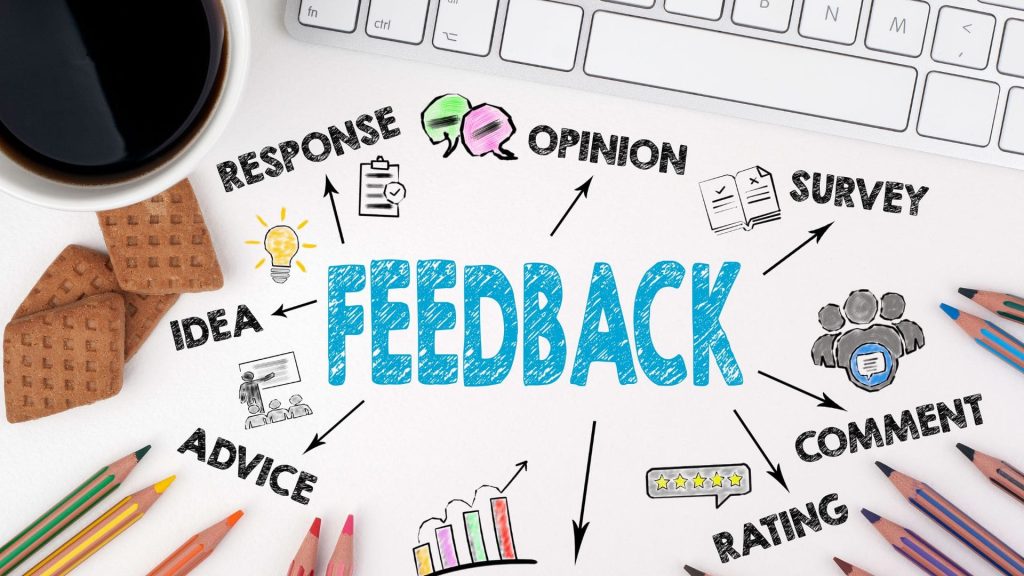
How to Find Win-Win Solutions with Negotiation?
Worried about pissing off one party or the other one during negotiations? Trust me, you’re not alone!
Thousands of business managers worldwide face this problem every other day. Most of them lose employees and damage their business affairs just because they were not trained to handle the situation!
I have more than two decades of experience mediating negotiations in the professional workspace, and I can suggest some strategies to help you find solutions that will satisfy both parties!
Brace yourself! Before you scroll down and dig into the solutions, I suggest you start with the basics.
What is Negotiation?
Negotiation is a very important skill in both professional and personal life. It is a process where two or more parties engage in discussions to reach a mutually acceptable agreement or resolution on a particular issue or set of issues.
Effective negotiation doesn’t just involve winning at the other party’s expense but finding solutions that satisfy both sides. This is what a win-win solution is.
All this might sound very simple for a newbie, but those of you who have gotten your hand stuck in this jar of cookies would know that achieving such outcomes requires preparation, empathy, creativity, and effective communication skills.
Below, I will outline a step-by-step guide to help you find win-win solutions.
Win-Win Negotiations – Preface
Win-win or collaborative negotiation focuses on mutual benefit rather than competition.
The goal here is to reach an agreement satisfying all parties’ interests.
This approach helps build long-term relationships, promotes trust, and often results in more sustainable and satisfactory agreements in the professional space.
But how exactly do you achieve this ideal outcome where everyone walks away feeling satisfied?
Steps for Achieving Win-Win Solutions through Negotiations
Here, I have discussed in detail the strategies; let’s dive into the details:
1.Analyze Interests (Causes), Not Positions
First, you need to understand the interests of all parties involved in the negotiation.
Personal and professional interests are the core reasons behind the strong positions that most people would take in negotiations.
For example, if an employee starts a dispute and says, “I need a 10% raise”, you mustn’t see it is a position. Rather, you need to find the underlying reason for that stance, which might be that they need more money to cover increasing living costs.
You have to identify these interests so that you can find common ground.
Once you find common ground, you can plan what you hope or want to achieve through negotiations. You must make solid plans for your actions in case your negotiations fail.
The more informed and planned you are, the better prepared you’ll be to find creative solutions.
2.Promote a Collaborative Mindset
Negotiation isn’t about winning or losing; it’s about collaborating to find a mutually beneficial outcome. You must always approach the discussion with a cooperative attitude.
Use language emphasizing partnership, such as “Let’s work together” and “How can we both benefit from this?”
A collaborative mindset would enhance trust and openness, making it more likely that both parties will share information freely and work towards a common goal.
Remember, when negotiating, you are not enemies with the other party or either party; you are partners in finding a solution.
To find win-win solutions, you would have to build trust. You have to be honest, transparent, and reliable. You can create a positive reputation by making small gestures such as showing respect & having a smile on your face (not like one Mr. Grim has).
Showing genuine interest in others’ concerns, views, and opinions and showing empathy can create win-win situations for all.
3.Focus on Improving Communication
In my experience, most negotiations fail because of a lack of communication. You have to focus on effective communication if you want to win.
Effective communication is the backbone of any negotiation. Express your thoughts and concerns clearly, and be transparent about your interests and limitations.
At the same time, practice active listening. Pay close attention to what the other party is saying, and show that you understand their perspective by summarizing their points and asking clarifying questions.
You must also frame your statements from your perspective to avoid sounding accusatory. For example, say, “I feel that…” instead of “You always…” This would improve communication between you and the other party as they would feel respected and more important.
4.Always Be Fair with All Parties
If you’re not fair, you’re not a good manager or leader, period! If you want your negotiations to be successful, you must remain fair.
You must ensure that the agreement terms feel equally biased for both parties. One way to achieve this is by using objective criteria to guide the discussion. For example, market rates, industry standards, and expert opinions can provide a neutral basis for decision-making.
When the process and outcome are perceived as fair, it builds trust and goodwill, which is crucial for maintaining positive relationships long after the negotiation ends.
5.Brainstorm Multiple Options/Solutions
Once you understand every party’s interests and pain points, it’s time to brainstorm possible solutions. Encourage creativity and think outside the box. The more options you generate, the higher the chance of finding a win-win solution.
During this phase, focus on quantity, not quality. Write down every idea, no matter how wild it seems. You can evaluate and refine the options later. This process often leads to innovative solutions that wouldn’t have been considered if you had stuck to traditional thinking.
When you have finalized a few solutions, you must evaluate them based on their pros and cons.
You have to pick a fair and valuable solution for both sides. Here, I suggest you be flexible if you’re part of one party, as when you are open to adjusting your demands, you can easily find a middle ground.
While the goal is a win-win outcome, it’s important to recognize that negotiation involves give and take. Be prepared to make concessions, but do so strategically. Identify areas where you have flexibility and be clear about your non-negotiables.
When both parties are willing to compromise, it creates a sense of fairness and balance. This willingness to adapt can streamline the way for creative solutions satisfying both sides.
6.Always Keep Your Emotions in Check
A blame game would get you nothing. The key is to address the issue at hand without blaming people. Separating problems from people would pave the way for creating win-win solutions. When you know the problems, you can focus on resolving them rather than attacking the other parties.
Negotiations can sometimes become heated, but staying calm and composed is important. Emotional outbursts can derail the discussion and make it harder to reach a win-win solution. If you are frustrated or angry, take a moment to breathe and collect your thoughts.
Maintaining a level-headed approach helps focus the conversation on finding solutions rather than getting bogged down in personal conflicts.
7.Follow Through on Commitments & Formalize the Agreement
Once an agreement is reached, the negotiation isn’t over. It’s essential to follow through on the commitments made during the discussion. Fulfilling your promises builds trust and reinforces the positive outcome of the negotiation.
If circumstances change and you can’t meet an obligation, communicate this openly and work together to find an alternative solution.
You must also remember to document the final terms as an agreement. Clearly outlining the terms of the agreement in writing would ensure that both parties have a clear understanding of their commitments.
Establish a follow-up plan to review progress and address any issues that arise. This helps maintain the relationship and ensure the agreement is implemented effectively.
More Articles to Read
What are the Key Principles of Win-Win Negotiations?
Here, I have mentioned a few principles you must focus on when striving for a win-win solution.
- Approach negotiation as a collaborative effort rather than a battle.
- Concentrate on the underlying interests behind the stated positions.
- Focus on solutions that benefit all parties involved.
- Think outside the box to find innovative solutions.
- Treat the other party with respect and strive to understand their perspective.
- Consider the long-term relationship between the parties involved. A win-win outcome solves the immediate issue and strengthens the relationship for future interactions.
How to Avoid Common Problems While Finding Win-Win Solutions?
If you have yet to gain experience handling negotiations, you must know the common pitfalls and how to avoid them.
1.Position Based Bargaining
It doesn’t matter which end you are on or which party you support on the team. You must understand that sticking to a position will lead to a deadlock. This is why experts recommend that parties focus on common interests and resolve underlying problems.
2.Lack of Preparation
If you start negotiations with an understanding of the problems or with preparations, it will result in chaos. To avoid getting suboptimal results/solutions, you must spend ample time researching and planning.
3.Emotional Reactions
There is no room for emotions or emotional decisions in professional negotiations. You must ensure that all parties remain calm, composed, and focused on resolving the issue. Emotional reactions during negotiations can ruin the outcomes and result in huge losses.
4.Ignoring the Other Party
Note that if you or any of your team members neglect the other party’s interests, it will lead to resentment and a breakdown in negotiations. You have to show interest in solutions that address both sides’ needs.
Finding win-win solutions through negotiation is a very valuable skill that every growing leader should work on. This skill can enhance relationships, promote trust, and lead to more sustainable agreements in the professional workspace.
Remember that the essence of win-win negotiation lies in collaboration, empathy, and creative problem-solving. Negotiation is not a battle to be won; it’s a partnership to be nurtured. When both parties walk away feeling satisfied, you’ve achieved the true essence of a win-win solution.
In this article, I have discussed the steps and common problems you must avoid during negotiations. This guide will help you become an excellent negotiator and business manager!




